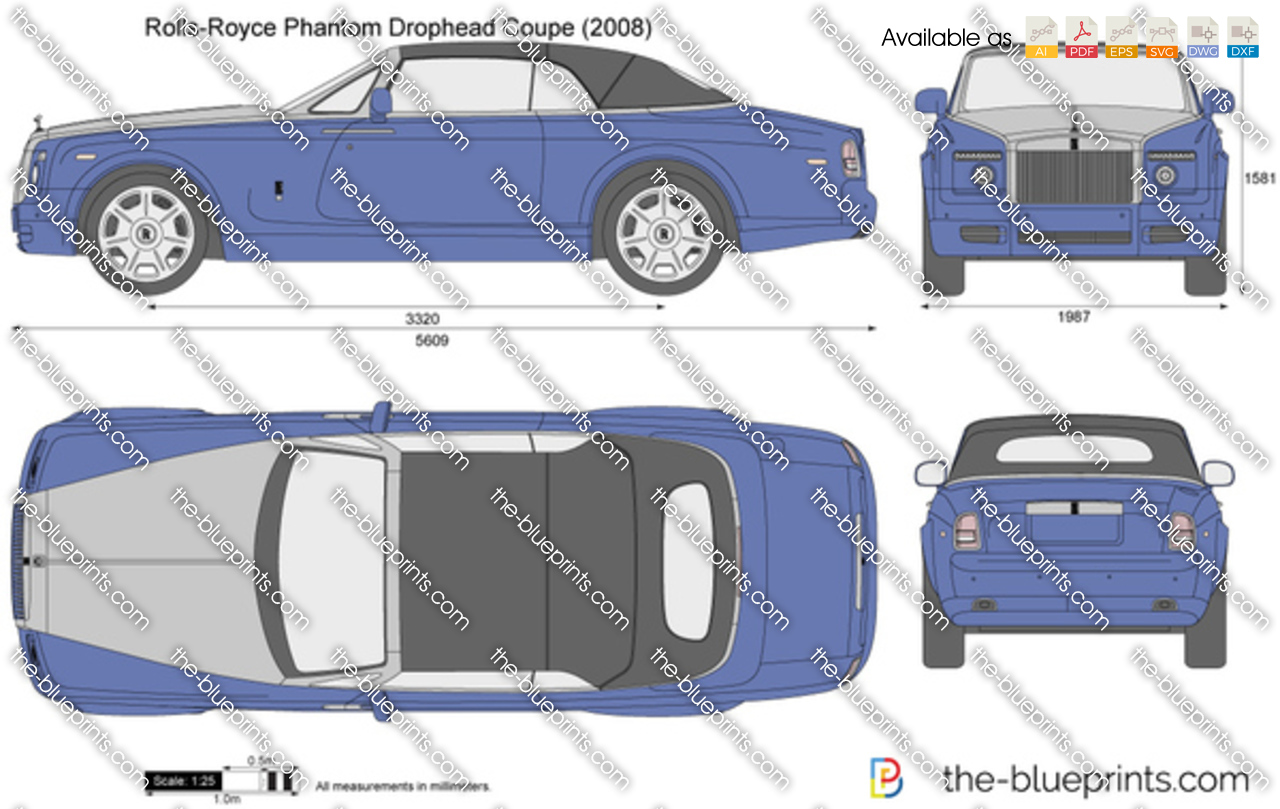If this is the first time you use this feature, you will be asked to authorise Cambridge Core to connect with your Dropbox account. Find out more about sending content to Dropbox. Domestic Homicide in early modern England Newton Key is Professor of British and early modern history at Eastern Illinois University; coauthor of Early Modern England, and coeditor of Sources and Debates in English History, both 2nd ed. The History of Early Modern Britain from Kings of England Tudor Stuart Henry VII ( ) James VI of Scotland ( ) and I of England ( ) Death and Dying in England by Chris Daniell. LAST MODIFIED: 29 May 2014; A slightly dated but still useful overview of death and burial in early modern England. Shows how the growing concern with the individual gradually began the alienation of death from society. Humanism, in both its rhetoric and practice, attempted to transform the relationships between men that constituted the fabric of early modern society. So argues Alan Stewart in this groundbreaking investigation into the impact of humanism in sixteenthcentury England. Here the author shows that by valorizing textual skills over martial prowess, humanism provided a new means of upward mobility. Early Modern England: A Social History (Hodder Arnold Publication) 2nd Edition by J Sharpe (Author) This course is intended to provide an uptodate introduction to the development of English society between the late fifteenth and the early eighteenth centuries. Widely praised and consistently popular since its first publication in 1987, Early Modern England now reflects in this new edition the invigorating and substantial changes that have swept the field over the past decade and more. It combines consideration of more traditional concerns of social history with investigation of the newer items on the agenda of historians. All emails from the system will be sent to this address. The email address is not made public and will only be used if you wish to receive a new password or wish to receive certain news or notifications by email. This course is intended to provide an uptodate introduction to the development of English society between the late fifteenth and the early eighteenth centu Early Modern England is a classroom textbook and a useful work for the person who wants a cursory study of England during the TudorStuart era. The authors examine the political, religious, economic, and social history of England of the period. The final major factor in the development of Modern English was the advent of the printing press, one of the worlds great technological innovations, introduced into England by William Caxton in 1476 (Johann Gutenberg had originally invented the printing press in Germany around 1450). Women in Early Modern England Sara Mendelson and Patricia Crawford Abstract. This book provides a survey of life as it was experienced by most Englishwomen during the 16th and 17th centuries. The book examines virtually all aspects of women's lives: female lifestages from birth to death; the separate culture of women, including. Women in EarlyModern English society Many of those supported by England's scanty system of poor relief were widows. Most earlymodern Englishwomen were wives for much of their lives. Only about 15 of women remained spinsters. Early modern Britain is the history of the island of Great Britain roughly corresponding to the 16th, 17th, and 18th centuries. Major historical events in Early Modern British history include numerous wars, especially with France, along with the English Renaissance, the English Reformation and Scottish Reformation, the English Civil War, the Restoration of Charles II, the Glorious Revolution. An extended study of gender and crime in early modern England. It considers the ways in which criminal behaviour and perceptions of criminality were informed by ideas about gender and order, and explores their practical consequences for the men and women who were brought before the criminal courts. Early Modern England has 21 ratings and 3 reviews. said: A Useful Resource for Authors of Historical FictionA wideranging and commendably balanced Early modern history is exciting because its not only about kings and queens, battles and great men although they do feature! Its also about how individuals, communities, and societies influenced, and were shaped by, religious change, economic development, new. Gender, Society and Culture in Early Modern England. Overview; Module description; Gender, Society and Culture in Early Modern England (HISM031) Staff: Dr Sarah Toulalan Lecturer Elizabeth Foyster, Manhood in Early Modern England: Honour, Sex and Marriage, (New York, 1999) The politics of the public sphere in early modern England Browse and buy the Paperback edition of The politics of the public sphere in early modern England by Peter Lake In early modern England, as elsewhere in Europe, treason was the worst of crimes, an offence committed against one's sovereign and, by extension, against the state and existing order. A Timeline of Modern English History. 1485 Beginning of Tudor Dynasty, Beginning of the modern Royal Navy. 1707 May 1 Union of England and Scotland Establishes theUnited Kingdom of Great Britain. 1708 James Edward, the Pretender. Early Modern Medicine is a blog intended to share ideas and issues arising from our work and the work of others with both the nonacademic and the academic community. Economy and society in early modern England Health, mortality and population Like the rest of the early modern world, England lacked adequate health care and sanitation. The Witches in Early Modern England project, led by Kirsten C. Uszkalo, is a digital humanities project that designs and deploys strategically intersecting, innovative, and experimental digital tools to allow for robust searching and pattern finding within the corpus of texts relating to early modern witchcraft. Beyond that, its openended platform encourages further expansion by users, to. Early Modern England is the first new survey of the TudorStuart period in a quarter century. Written by two leading scholars. Assumes no prior knowledge of British history. Text is broken up with maps, illustrations, and genealogies; includes glossary. Focuses on what political, religious, and. Catholicism and Community in Early Modern England This is a groundbreaking study of the political, religious, social and mental worlds of the Catholic aristocracy from 1550 to 1640. Michael Questier examines the familial and patronage networks of the English Catholic community and their relationship to the later Tudors and Stuarts. Theatres in Early Modern England were not like the theatres we have today, they were openair which means they were much like our modern sports stadiums (and the audience tended to act much like modern sports spectators). The Medical World of Early Modern England, Wales and Ireland, c The project. This project will develop a groundbreaking database with biographies of all medical practitioners active in England, Wales and Ireland c, which will then be used to produce the first allround study of the nature and impact of medical practice in early modern Britain, to be published as a major. Introduction The story of the early modern child is essentially one of continuity. While it has been argued by some, most famously Philipe Aris, that childhood underwent a profound transformation at the end of the Middle Ages, the evidence suggests that early modern children were ultimately quite similar to their medieval and classical predecessors. In The Aesthetics of Service in Early Modern England, Elizabeth Rivlin explores the ways in which servantmaster relationships reshaped literature. The early modern servant is enjoined to obey his or her master out of dutiful love, but the servant? s duty actually amounts to standing in for the. In Pursuit of Civility by Keith Thomas review manners in early modern England From terrible table manners to defecating in public to ideals of civilisation as a class weapon a brilliant. Buy Early Modern England: A Social History (Hodder Arnold Publication) 2 by J. Sharpe (ISBN: ) from Amazon's Book Store. Early modern England, : a narrative history. [R O Bucholz; Newton Key An introduction sets the scene, providing students with an overview of the physical and mental geography of early modern England. Opening and closing chapters explain how the events covered in. The second edition of this bestselling narrative history has been revised and expanded to reflect recent scholarship. The book traces the transformation of England during the TudorStuart period, from feudal European state to a constitutional monarchy and the wealthiest and most powerful nation on Earth. Posts about Early Modern England written by edelsemple Thirteenth Century England XVII; Violence and Militancy from 68 to the G20; Cambridge is an exceptional place to study early modern history as a postgraduate. several other university departments organize seminars and graduate workshops that are of interest to early modernists. Early modern historians also participate in a number of. The Early Modern Era of England began during the reign of the Tudors. Italian members of the court introduced higher levels of art, education and schooling, bringing the Renaissance to England. A riveting look at how the early modern world revolutionized sleep and its relation to body, mind, soul, and society Drawing on diverse archival sources and material artifacts, Handley reveals that the way we sleep is as dependent on culture as it is on biological and environmental factors. Early Modern England is the first new survey of the TudorStuart period in a quarter century. Written by two leading scholars. Assumes no prior knowledge of British history. Text is broken up with maps, illustrations, and genealogies; includes glossary. by Early Modern England June 27, 2017. Book Review: Everyday Life in Tudor London. by Early Modern England February 27, 2017. The Turbulent Crown: The Story of the Tudor Queens: Book Tour and Giveaway! by Early Modern England February 23, 2017. Children and youth in early modern England ( ) were subject to many diseases and physical hardships. From the great epidemic diseases of bubonic plague and smallpox, to more common illnesses such as measles and influenza that still afflict children today, sickness put. Professor Wrightson provides a broad sketch of the social order of early modern England, focusing on the hierarchical language of estates and degrees and the more communitarian ideal of the commonwealth by which society was organized. The term early modern was introduced into mainstream historical analysis during the 1940s as a catchall description for the changes that had occurred between the 16th and 18th centuries. With its rise in the 1970s to predominance as a category of periodisation and its promotion by historians. Early modern England was marked by profound changes in economy, society, politics and religion. It is widely believed that the poverty and discontent which thes by Early Modern England March 8, 2017. The War of Words: Eikon Basilike and the Martyrdom of Charles I. The Role of Religion in the Politics of the Northern Rebellion of 1569. The marriage of Philip of Habsburg and Mary Tudor and antiSpanish sentiment in England: political economies and culture. Early Modern England: Politics, Religion, and Society under the Tudors and Stuarts (HIST 251) Professor Wrightson provides an introduction to the course. The essays in this collection investigate the ways in which the past was exploited to meet the concerns of the present in early modern England. The understanding of the past in this period was characterized by a deepening and more fully articulated conception of time and history, with its roots in. We hope you will like this site we will provide news and resources about English history from the late 15th century to.











